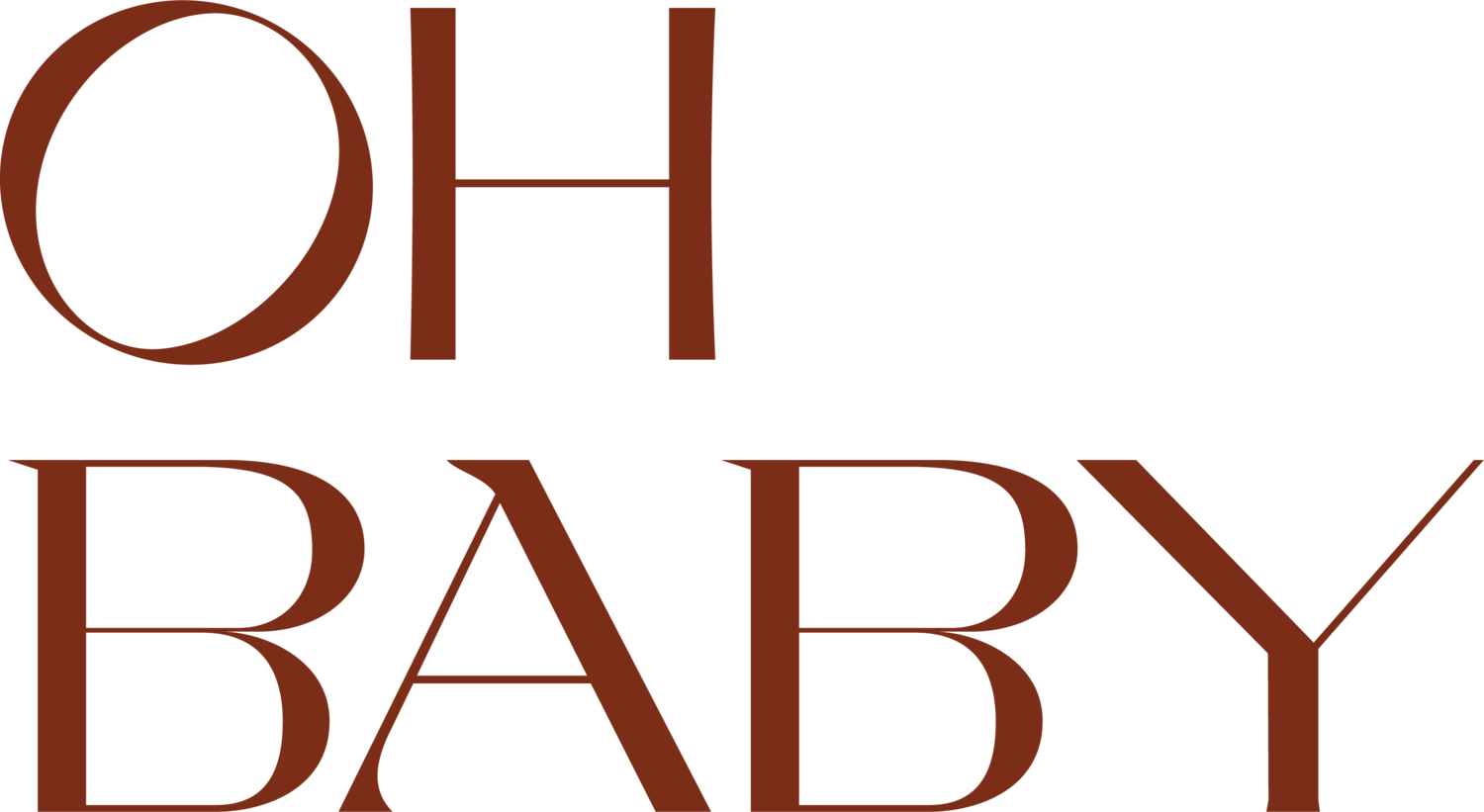
Baby Nutrition Certification Course
A strong start with solid foods can have a profound impact on a baby’s future health and preferences. Help establish healthy habits right from the beginning.
Curriculum Outline
-
Module 1 primarily focuses on when and how to start solids. You’ll learn how to identify when a baby is developmentally ready for solids, along with strategies to help parents decide whether to start with either purees, baby-led weaning, or a combination of both. We discuss how much solid food to offer a baby and how frequently they should be eating depending on their age. We also demonstrate how to identify a baby’s cues of hunger and fullness.
This module provides the strategies needed to help keep babies safe while eating solid foods. We identify the appropriate shape, size, and texture of a baby’s first finger foods. You’ll also learn how to distinguish between gagging and choking and explain how a parent should respond in each scenario.
-
Module 2 primarily focuses on what to offer when starting solids. You’ll learn how to support parents in choosing the most nutrient-dense first foods for their baby, as well as which foods are recommended to delay, limit, and avoid. We explore the key nutrients that are necessary for a baby’s growth and development, along with their respective food sources and benefits.
We outline the best food sources of each nutrient and how to tell if a baby is confidently consuming adequate amounts through foods and breast milk/formula alone, or if additional supplementation may be necessary. We then discuss which form of supplements are most ideal for a baby’s needs, as well as the risks and contributing factors associated with various nutrient deficiencies in babies. This module also outlines strategies to adapt your recommendations to accommodate a variety of dietary preferences.
-
In module 3, you’ll learn how to properly distinguish between a food allergy, sensitivity, and intolerance. While these terms are frequently used interchangeably and may share some overlapping symptoms, they each require vastly different management.
We explore the primary factors that may be contributing to the rise of allergenic conditions in children and demonstrate how to assess if a baby would be considered particularly high-risk. We also outline the recommended protocol to follow if a baby has an allergic reaction, whether it is severe or non-severe.
This module discusses the top allergenic foods contributing to the majority of allergies in children and how to make evidence-based recommendations regarding the ideal age for the introduction of allergens. We also outline exactly how to introduce these foods, including the preferred food forms, quantities, and timing of initial exposures.
-
Parents are often led to believe that the best treatment for eczema is an external cream, or that food sensitivity is something that their child simply has to live with and will hopefully outgrow. However, eczema and food sensitivities are both signs that the body requires mindful, individualized support to successfully address the true underlying cause of these conditions.
Module 4 provides you with the framework that allows you to identify a child’s unique health requirements and design a holistic protocol to effectively support the root cause of eczema and food sensitivities. -
Constipation is one of the most common concerns parents face, yet the standard solutions typically fail to identify and resolve the true underlying cause. In module 5, we cover what normal patterns of elimination look like for healthy babies and toddlers. You’ll learn to identify which foods may contribute to constipation and which foods may help to relieve or prevent it.
This module also provides age-appropriate strategies to help you support clients in identifying signs of constipation in their children. You will become familiarized with numerous gentle yet effective remedies and techniques proven to naturally relieve constipation in babies and toddlers. You’ll also gain the skills to design a holistic plan to help prevent constipation from recurring.
Our Baby Nutrition Certification Course also includes Foundational Nutrition and Business Development.

